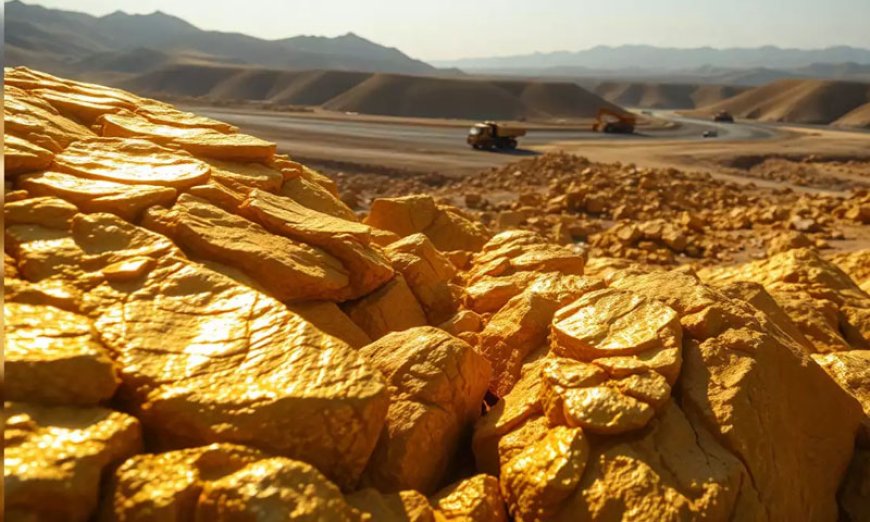Massive Gold Discovery Reported in Tarbela Sparks National Interest
Claims of $636 billion in gold reserves at Tarbela Dam spark national debate as experts call for scientific verification.

A major discovery of gold reserves, estimated at over $630 billion, has reportedly been made in the soil surrounding Pakistan’s Tarbela Dam one of the world’s largest earth-filled dams. The revelation has stirred optimism across the country’s business and energy sectors, with experts calling for immediate geological verification before any large-scale extraction begins.
The claim was first made by Hanif Gohar, Chairman of Air Karachi and former Senior Vice President of the Federation of Pakistan Chambers of Commerce and Industry (FPCCI). According to Gohar, soil samples collected from the Tarbela reservoir area were tested in local laboratories, showing traces of high-value minerals including gold and silver. By extrapolating those findings, he estimated that the reserves could be worth roughly $636 billion a figure that, if confirmed, could surpass Pakistan’s current external debt.
“The findings are promising, but we need a transparent, scientific exploration process before celebrating this as fact,” said a senior official at the Geological Survey of Pakistan (GSP), requesting anonymity. “Gold traces in sediment are possible, but accurate estimates require deep-core drilling and metallurgical assessment.”
Sources inside the Special Investment Facilitation Council (SIFC) confirmed that the proposal has been shared with government authorities for review. If the data proves credible, officials may invite international mining and dredging firms from Australia and Canada to collaborate on extraction feasibility and environmental planning.
Economic analysts caution that Pakistan must proceed carefully. “These numbers are enormous almost equal to half of the country’s GDP,” said economist Dr. Ammar Rashid. “We need to ensure this isn’t another exaggerated resource claim. Verification, environmental safety, and ownership transparency are key.”
The Tarbela site, located in Khyber Pakhtunkhwa, has long been known for its silt and sediment buildup due to river flow from the Indus. Experts say such deposits can carry mineral particles from northern mountain ranges but recovering gold from dam-bed soil would be technically complex and costly.
Meanwhile, officials at WAPDA (Water and Power Development Authority) said that any extraction operation would require coordination with the agency to avoid disruption of Tarbela’s critical role in power generation and water storage.
If confirmed through independent geological surveys, this could mark one of the most significant natural resource discoveries in Pakistan’s history, potentially transforming the national economy and boosting investor confidence. Until then, experts emphasize patience, transparency, and science-based verification over speculation.
For more latest updates, visit Nation bytes

 Israr Ahmed
Israr Ahmed